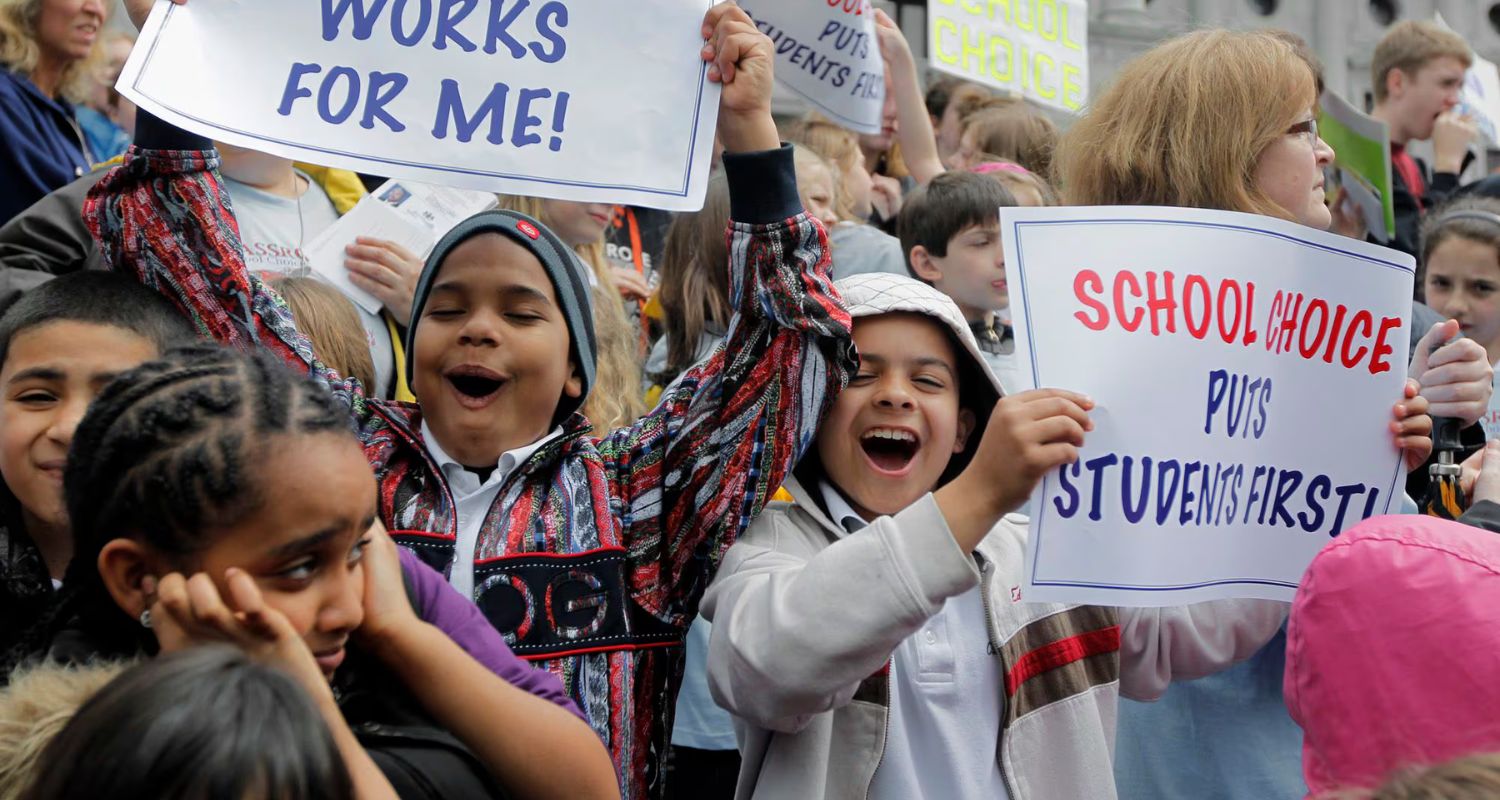The ongoing debate surrounding school choice vouchers in Pennsylvania’s budget has reached a critical juncture, with lawmakers and advocates voicing differing opinions as negotiations intensify.
School vouchers, designed to redirect public funds into private schools through scholarships, promise expanded educational opportunities. Originating in Florida in 1999, these programs now span sixteen states, Washington, D.C., and Puerto Rico.
Research into voucher programs reveals varied outcomes depending on program design. Early studies showed initial challenges that stabilized over time, with modest academic gains noted in subsequent years.
However, broader implementations, such as in Louisiana, have shown mixed results, including declining test scores in some cases due to placements in underperforming private schools.
Critics like Joshua Cowen, an education policy professor at the University of Wisconsin-Madison, argue that scaling statewide programs exposes a shortage of quality private schools capable of accommodating large numbers of students.
On the other hand, proponents like Patrick Wolf from the University of Arkansas attribute issues in certain programs to operational flaws rather than inherent problems with the voucher concept.
Pennsylvania’s proposed $100 million voucher initiative, akin in size to Louisiana’s but less restrictive, aims at aiding low-income families and students in underperforming schools. Unlike some states, it allows families to supplement tuition and imposes fewer financial constraints on participating private schools.
Despite potential benefits, concerns persist regarding the cultural environment of private schools, particularly regarding LGBTQ+ discrimination. While federal laws prohibit racial discrimination, state protections do not extend to private institutions, sparking ethical and legal debates.
The impact on public schools remains a contentious issue. Studies suggest modest academic improvements among students who remain in affected districts. However, critics argue that diverting funds from public schools to vouchers could strain state budgets over time, potentially impeding increases in public education funding.
As Pennsylvania deliberates over school vouchers, the debate highlights fundamental questions about educational equity, funding priorities, and the balance between private and public education.


